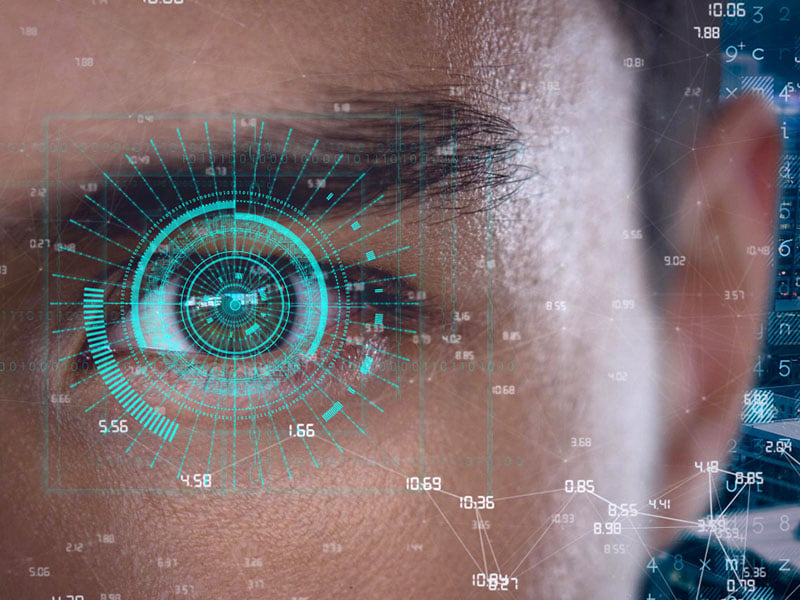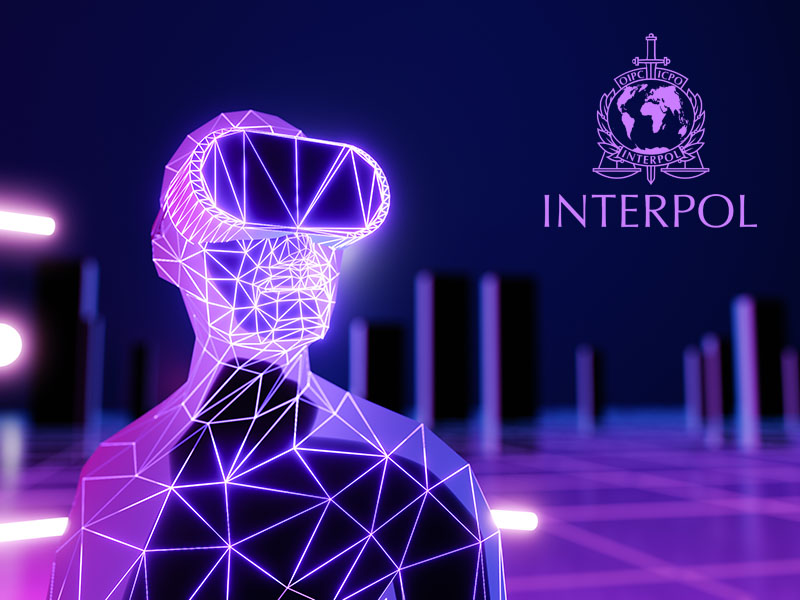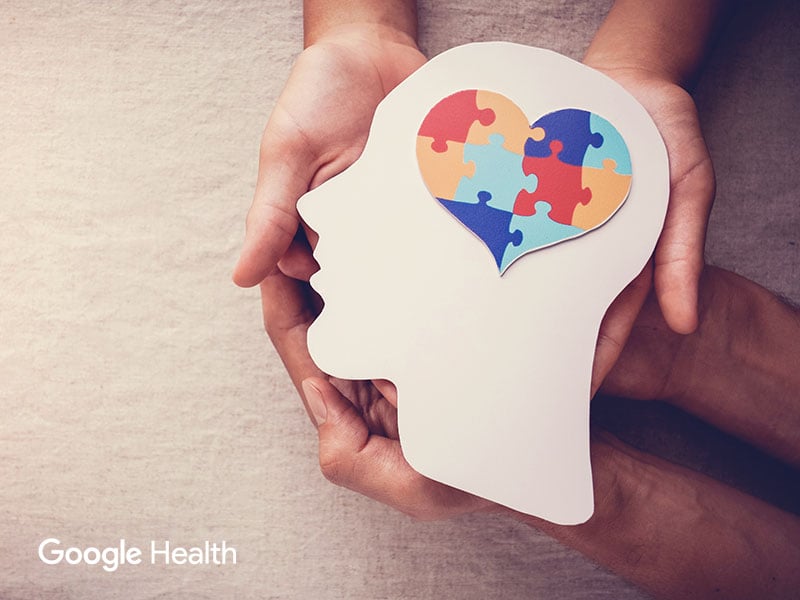The European Commission spends €400,000 on its own metaverse and only attracts six people to the inauguration
05/12/2022Absolute failure. The inagurated of the new metaverse from the European Commission that was presented a few days ago with a virtual party, only attract six persons. According to the specialized journalist Vicen Chadwick from Devex, the European Commission has invested €387,000 in the project to develop a virtual world, designed to attract the attention of young people and create a shared space on the Internet in which they can become aware of those thinghs that EU does on the world stage, and reflect on the problems that affect a globalized world. Also, this metaverse is designed to promote actions of the European Union related to health, education, climate and other topics of interest for youngest, such the Erasmus scholarships. The inauguration of the space, however, went completely unnoticed by the target audience and the few persons who entered the party, such as the journalists from Gizmodo, assure that the metaverse of the European Commission has many shortcomings.
[ ... ]49% of consumers are willing to favor brands that explain data usage in AI interactions
17/04/2024Artificial intelligence (AI) has become a fundamental tool for companies striving to provide personalized and efficient customer interactions. However, a new report reveals that the lack of transparency in data usage by brands is affecting consumer trust. According to Twilio's fifth 'State of Consumer Engagement Report', based on a global survey including over 4,750 B2C executives and 6,300 consumers across 18 countries, 49% of consumers would trust a brand more if it disclosed how it uses data from AI-driven interactions. The report also highlights that, although 91% of brands claim to be transparent with their customers about AI usage, only 48% of consumers agree. In this context, data protection emerges as a priority for consumers, with six out of ten indicating it's the best way for brands to earn their trust. This data security concern is shared by, the 40% businesses globally that considerate important to find a balance between security and customer experience as one of their most pressing challenges. AI-driven customer experience for brands AI-driven personalization is a key strategy to enhance customer relations. The report points out that companies adopting personalization experience a significant increase in consumer spending, averaging 54% more compared to those that don't. AI not only helps bridge the customer experience gap but also provides additional benefits, such as better data-driven decision-making and increased customer satisfaction. However, the report highlights that many companies face difficulties in activating customer data. Globally, only 16% of brands fully agree that they have the necessary data to understand their customers.
[ ... ]What is Worldcoin and what does scanning the iris involve?
04/03/2024Worldcoin was introduced in summer of 2023 as a revolutionary project with the mission of creating a 100% secure digital identity, essentially a kind of fortified "digital passport," based on the verification of a unique and non-transferable element inherent to each human being—the iris. According to its developers, World ID will help distinguish human online activity from that generated by machines. In the first phase of the project, the creation of this secure digital identity is planned for 2 billion humans. To make this possible, Worldcoin has called on the global population to scan their iris. In return, Worldcoin compensates participants with a few tokens of its successful cryptocurrency, WLD, which has quadrupled in value within a few weeks of its initial launch. The payment in WLD tokens is not coincidental; it is part of Worldcoin's strategy, aiming to leverage the new digital passports to create a comprehensive ecosystem that provides universal and equitable access to advanced financial services for the entire global population. To achieve this, they encourage "iris sellers" to use the Worldcoin cryptocurrency on its fee-free blockchain, unlike Bitcoin, Ethereum, or other cryptocurrencies that do charge transaction fees. How does Worldcoin work? Worldcoin aims to address the issues of bots, rapid creation of fake identities, and content with artificial intelligence. It is designed, according to its developers, to provide every individual in the world with a unique digital identification. Additionally, Worldcoin promises to ensure the financial inclusion of each person in a fair and equitable ecosystem through a universal basic income. Users receive this income in exchange for allowing their iris to be scanned. To create the secure digital passport with Worldcoin, users must undergo an iris scan, which serves as proof of humanity and a unique identity on the blockchain. This process ensures that the individual on the other side of that identity is a human and not a fake profile created with artificial intelligence. In pursuit of the success of their proposal, the company offers users a small amount of their own Worldcoin tokens in exchange for iris scanning. The initial incentive of receiving free cryptocurrency, in the form of a universal basic income, is emphasized by Worldcoin advocates as the basis for the inclusive and universal nature of their initiative. This approach allows anyone to scan their iris, and the WLD tokens received in return can assist people without access to traditional financial services in starting to save and invest. How to Scan the Iris with Worldcoin? The registration process with Worldcoin involves scanning the iris with an orb, the central hardware device of Worldcoin developed by Tools for Humanity. The orb is spherical and processes all the information. Currently, Worldcoin has installed orbs in different countries, including Spain, where users can scan their iris in exchange for Worldcoins. To do this, it is necessary to download the Worldcoin mobile application, World ID, generate a QR code with it, and display it in front of the orb. The orb, upon recognizing it, will scan the user's iris, while a Worldcoin collaborator remotely oversees the operation. The orb takes less than a minute to perform the scan and validate the subject's identity. In exchange for their iris, the user receives a unique number called "IrisHash" and a cryptographic wallet with Worldcoins. "This digital passport is accepted as proof of unique humanity, which people can use in the digital world without the need to share any other data," assure its developers. What happens with my scanned iris in exchange for Worldcoins? Once the iris scan is completed, and digital identity is granted to the user, Worldcoin assures that the orb quickly eliminates the images unless the user requests their preservation. Only the set of numbers called "IrisHash" is stored for identification, without any additional biometric data. Worldcoin also commits to ensuring that users share only the necessary information they wish to share, providing verification options through linked devices or the additional facial authentication orb for high-security cases. Despite these commitments, the collection of biometric data through iris scanning for the unique proof of humanity continues to raise significant questions regarding privacy and information security. Some countries such as Brazil, France, India, or Kenya have halted Worldcoin's iris scanning. How much do you get paid for scanning your iris? Worldcoin pays 25 WLD for scanning your iris, which, according to the cryptocurrency's exchange rate in February 2024, has translated to an average of between 50 and almost €160 for iris sellers, depending on the value of Worldcoin on the day they scanned their iris. At the beginning of February, the value of each WLD unit was around two euros, and by the end of the month, it had risen to nearly seven euros. What can I spend my WLD on? 'Iris sellers' have the freedom to use their Worldcoins from the moment they receive them. They can exchange the payment for other cryptocurrencies, withdraw them in euros from a specialized ATM, or hold onto the tokens in the hope of an increase in their value. Additionally, WLD payments are already accepted on platforms such as Discord, Shopify, Minecraft, Telegram, Mercado Libre, or Reddit, among other places. Who is behind Worldcoin? Worldcoin bears the stamp of two innovative minds: Sam Altman and Alex Blania. Altman is the CEO of OpenAI and a key figure in artificial intelligence development, leading projects like ChatGPT. Blania, on the other hand, is the co-founder of Tools For Humanity, contributing his experience in creating technological tools for a more equitable economic system to this new and successful cryptocurrency.
[ ... ]Interpol opens its first office in the Metaverse
07/11/2022Interpol, the International Criminal Police Organization or International Police, has presented its first office in the metaverse through which they intend to improve the fight against crime in the digital universe. The digital police station, which is a copy of the General Secretariat of Interpol in Lyon (France), will offer training for investigators and police officers and will allow the collaborators of this international organization to interact through their avatars, without geographical or physical limits. The inauguration of this new virtual center had been accompanied by the announcement of the creation of a group of Interpol experts that will advise police forces around the world about the risks on the global stage. Also, it has been announced that the International Police Organization has joined Meta, Microsoft and other technology giants to define the metaverse and protect communities from cybercrime, including globally recognized and criminalized crimes, such as sexual harassment, 'phishing', financial fraud or 'ransomware', among others. The objective of this joint work, they explained, is to create regulatory frameworks "and eliminate future criminal markets before they are fully formed." According to a study by the technology company Gartner, in over three years, in 2026, one of four people will spend at least one hour a day in the metaverse to work, shop and interact with other users.
[ ... ]Microsoft Explorer is already history Microsoft stops supporting
17/06/2022After 27 years, Microsoft has definitively disconnected the Internet Explorer web browser and Microsoft Edge becomes, from now on, the only reference browser of this technologic company. Since last wendsday, June 15th, Microsoft is only supporting Microsoft Edge and any user who tries to access to the old browser or open any service that only works with Internet Explorer will be redirected to Microsoft Edge. Between 2002 and 2003, Internet Explorer was the most widely used browser in the world, 95% of users, although it was gradually losing market share. In fact, since 2016, Microsoft had already suspended the development of new features for this browser. After a first phase of redirection to Microsoft Edge over the next few months, Microsoft has already announced that it will release a Windows update that will make virtually all traces of the old browser disappear permanently, although it will remain active within Microsoft's Internet Explorer mode Edge, until the end of 2029. The withdrawal of support for Internet Explorer 11, the latest version available, will not affect server-based browser applications or the Windows 10 Long Term Servicing Channel (LTSC) or the Trident MSHTML engine.
[ ... ]Google Health will be use to study the impact of mobile phones on our mental health
01/06/2022Spaniards spend an average of 3 hours and 40 minutes a day connected to the mobile. This time multiplied from Monday to Sunday is the same as more than 25 hours a week, according to the Digital Consumer by Generation report. To analyze the impact of all this time of digital consumption on our mental health, a group of researchers from the University of Oregon (United States) has just announced that they will use the Google Health app to analyze how users use their smartphones and discuss how in the future, digitals products and devides can make people happier, without falling into dependency. In their work, they will measure factors such as sleep or physical activity, for which they will also use the data collected by Fitbit, the activity bracelets owned by Google. One of the researchers, Dr. Nicholas Allen, stressed that "some studies similar to the one that we are going to start, usually condem the technology based on their conviction that it must be bad for mental health and well-being." . For this reason, he believes that is not positive to focuses only on the potentially harmful effects of the use of the devices, and also is important to takes into account the benefits that they offer.
[ ... ]Amazon allows you to send gifts without knowing the recipient's address
06/10/2021In the United States, Amazon is testing a new service that allows the costumers to send surprise gifts without knowing the recipient's address. To do it, the buyer, who must be an Amazon Prime user, just has to choose the product on the platform, check the option "Let the recipient provide their address" and provide an email or mobile phone number of the person to whom you want to send the surprise gift. Then Amazon contacts the recipient by either of these two ways and informs him or her that a gift has been sent. To accept the package, the person must have an Amazon account and provide the marketplace his or her postal address so the gift can be delivered. If the person accepts the gift, or its equivalent in a gift card to spend on Amazon, immediately the product will be charged to the buyer's account and a conventional shipping process will start. But, if the person who has received the message informing about the gift does not answert or rejects the shipment, the order will be cancelled, and the person who bought the product will not pay anything. Now, this service is only available in the United States and only works with purchases made via mobile phone.
[ ... ]








